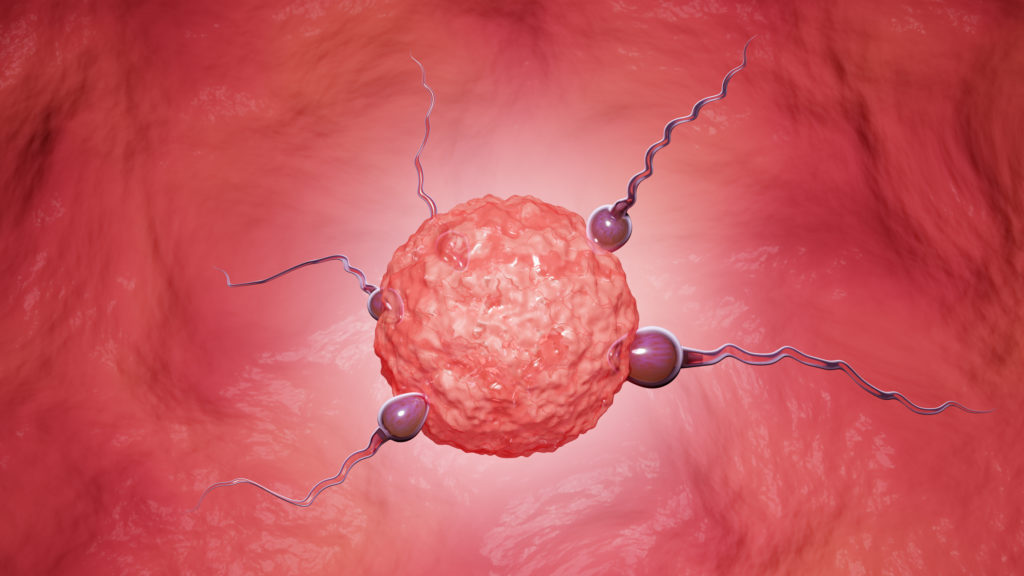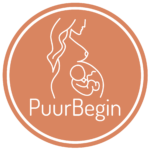- 06 42 61 01 99
- purebegin@gmail.com
Fruitful days

Fertile days and pregnancy
Dreaming of motherhood is a natural and exciting part of life for many women. At Midwifery Practice PuurBegin we understand the importance of good information about fertility. This guide provides comprehensive knowledge about the menstrual cycle, ovulation, fertile days and other important factors that influence your chances of becoming pregnant.
The menstrual cycle: an overview
Your menstrual cycle is a monthly recurring process in your body, starting on the first day of your period and ending the day before your next period. The length of this cycle varies per woman and usually lasts between 21 and 35 days. During this cycle, your body prepares for a potential pregnancy.
Ovulation and fertile days
Ovulation, the release of a mature egg from an ovary, is crucial for fertility. This usually happens around day 14 in a 28 day cycle. You are most fertile in the days surrounding ovulation. Fertile days are not limited to the day of ovulation itself; they include a few days before and after.
The role of age in fertility
Age plays an important role in fertility. Although the fertility peak is in the twenties and early thirties, it then begins to gradually decline, especially after age 35. Still, every woman is unique, and fertility varies by individual.
Challenges with irregular cycles and PCOS
An irregular menstrual cycle or conditions such as polycystic ovarian syndrome (PCOS) can make it more difficult to determine your fertile days. In case of irregularities it is advisable to seek medical advice.
The frequency of sex for a greater chance of pregnancy
An optimal frequency of sex is crucial during the fertile period. It is recommended to have intercourse approximately every two to three days. This increases the chance that sperm cells will be present when the egg is released.
Importance of relaxation and enjoyment
While understanding your body is essential, it's also important to enjoy the process. Stress and pressure can have a negative impact on fertility. So it is essential to relax and enjoy intimate moments with your partner.
When to seek medical attention
If you have not become pregnant after a year of trying, or after six months if you are over 35, it is advisable to seek medical advice. A GP can recommend necessary tests and address any underlying problems.
Conclusion: your unique pregnancy path
Every pregnancy journey is unique. Understanding your cycle and fertile days helps you make informed choices on the path to parenthood. Remember that it is normal that getting pregnant sometimes takes time. At Midwifery Practice PuurBegin we are ready to guide and support you.
